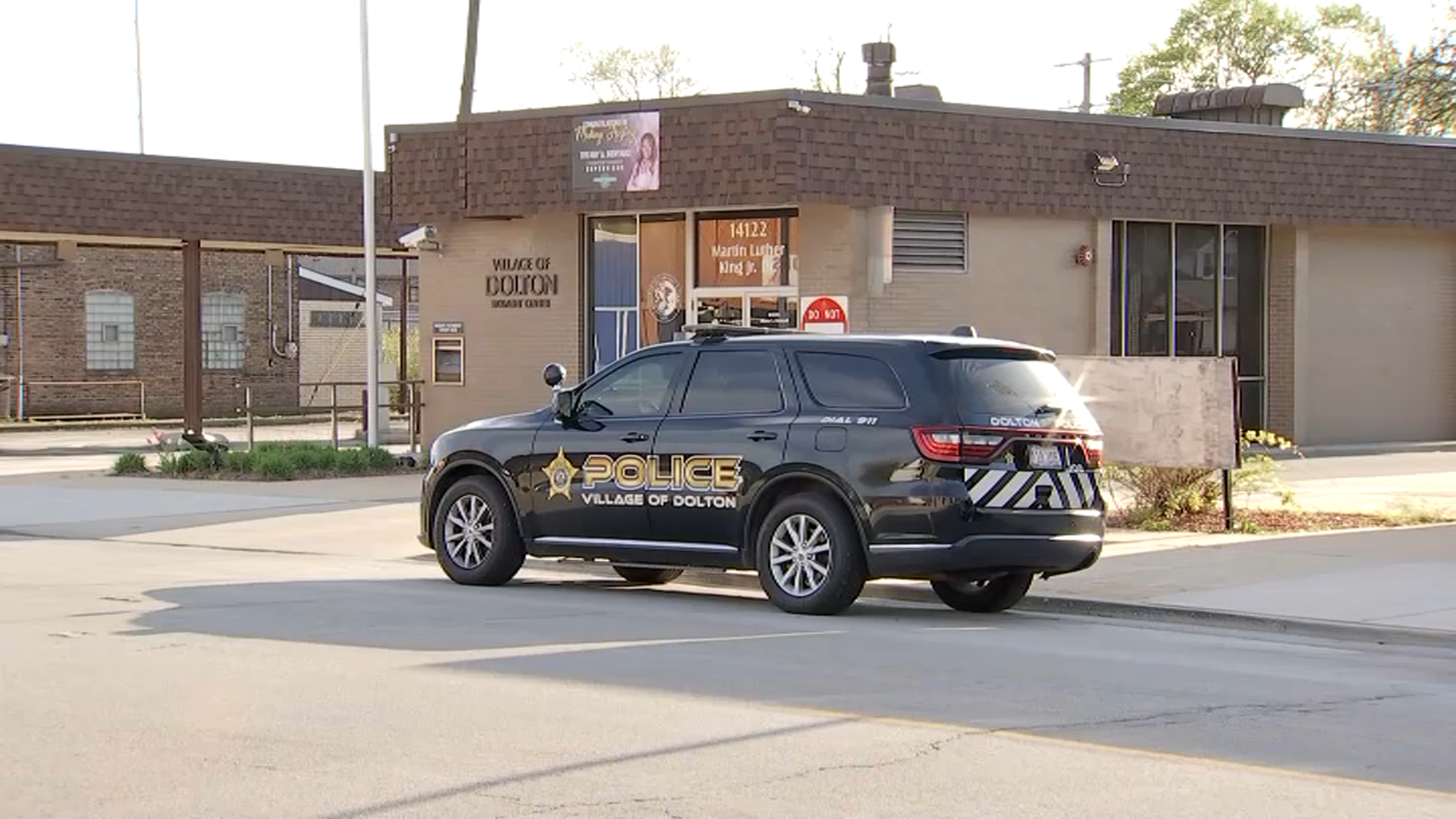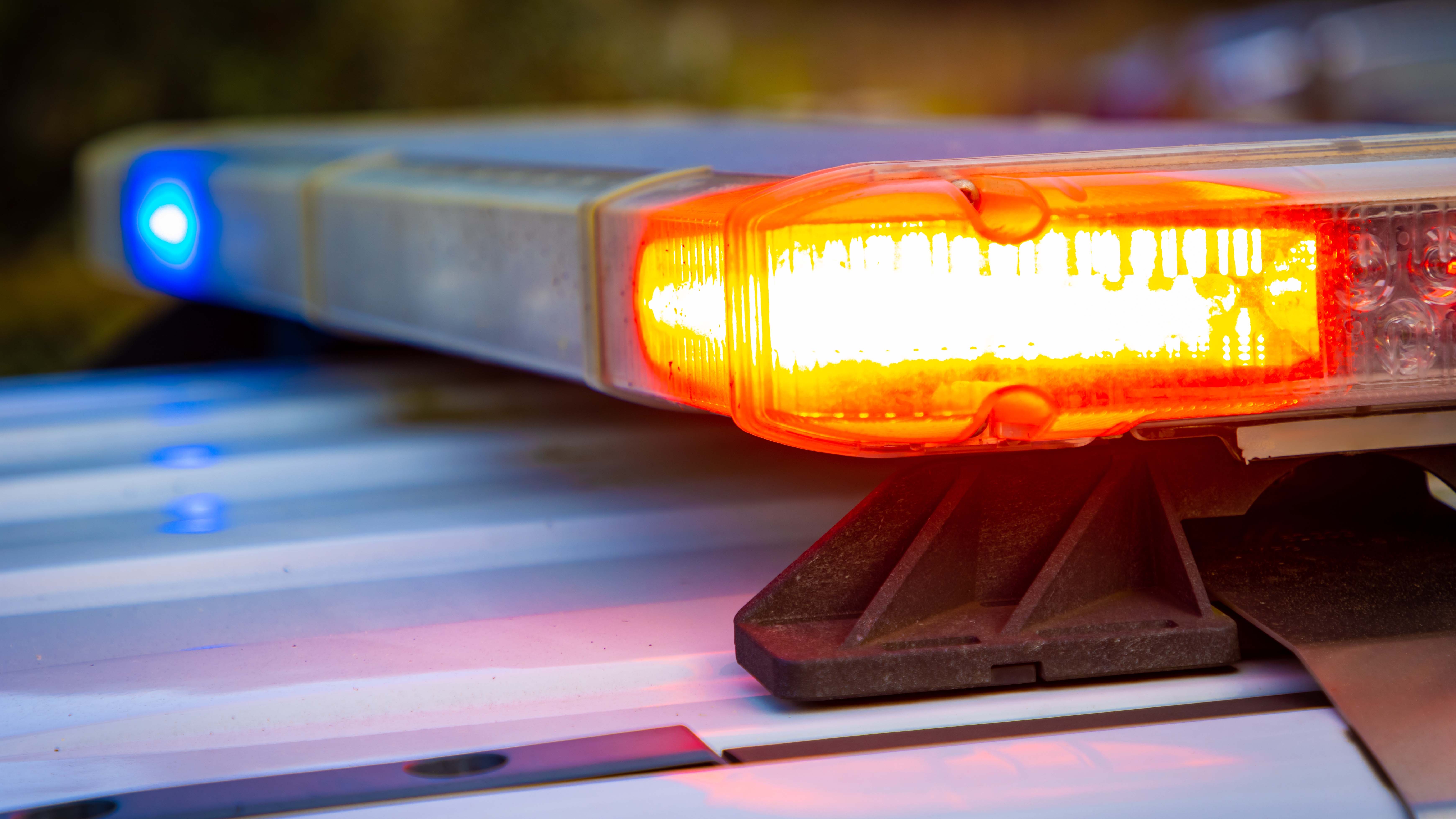Illinois officials are warning of a spike in the number of patients going to emergency rooms after using dangerous synthetic marijuana .
The Illinois Poison Center on Tuesday said it has received almost 20 calls from emergency departments about the drugs in the past week. According to the center, that's an increase of 600 percent compared with the typical week.
Synthetic cannabinoids are sometimes sold under names such as "K2" and "spice."
Dr. Michael Wahl is the center's medical director. He says emergency departments are reporting patients with severe symptoms such as seizures and coma. Most of those cases involved drugs sold in Chicago as "Jamaican Party Spice."
The drugs also can cause confusion, agitation, vomiting, psychosis and heart palpitations. Wahl calls the increase "troubling."
Synthetic pot doesn't look like pot at all. In its raw form, it comes shipped as a white powder, usually marked on manifests as a legitimate chemical. Almost all of it comes from China.
"This stuff is extremely dangerous," says Brian Bell of U.S. Customs and Border Protection. "It's untested. You're basically ingesting something that, nobody knows what it's going to do to you."
Local
Typically, the end-users of the drug dissolve it in acetone, then spray the solution on some kind of plant material.
Until recently, it was sold in the open, in stores like truck stops, smoke shops, and gas stations, under names like K2 or Spice. But after its appearance in the U.S. seven years ago, hospitals and poison control centers saw an alarming spike in cases which they at first found hard to identify.
"It was actually Customs and Border Protection which first identified it coming into the country," Bell said, noting that an agricultural specialist in Ohio became curious, about why so many "herbal incense" packets were showing up in shipments. That officer, working with a chemist in Chicago, was the first to identify the chemicals lacing synthetic marijuana, in 2007.
But as fast as the Drug Enforcement Administration could get those compounds assigned to the Schedule-1 list of illicit drugs, the makers in China would manipulate the formulas to create so-called analogues which were suddenly legal again.



